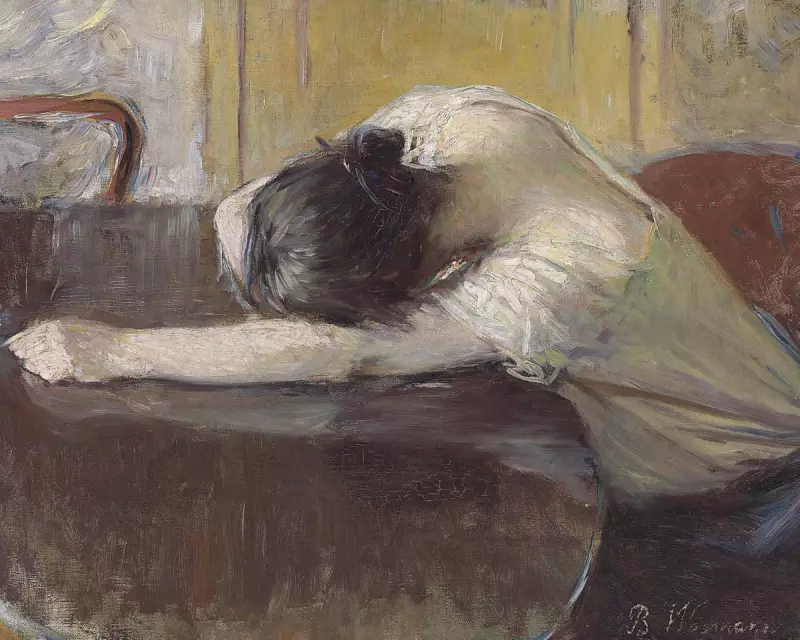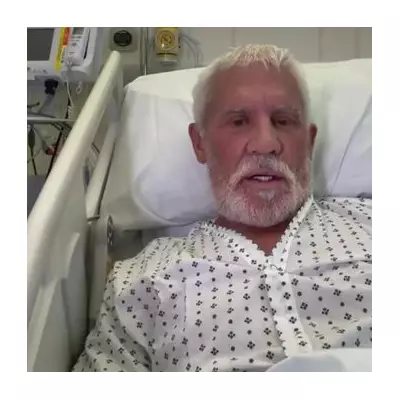
That paralysing sensation when you walk into a room full of people, certain all eyes are on you and every move is being critically assessed. For millions, this isn't just occasional nervousness but a crippling fear of judgment that dominates daily life.
The Hidden Epidemic of Social Evaluation
Psychological experts reveal this fear represents one of the most common forms of social anxiety, affecting people across all demographics. Dr Eleanor Vance, clinical psychologist, explains: "We're hardwired to care about social belonging, but when this natural concern becomes overwhelming, it can prevent people from speaking up in meetings, socialising, or even pursuing their goals."
Breaking Free From the Invisible Prison
Cognitive Restructuring: Rewire Your Thought Patterns
Clinical research demonstrates that challenging negative assumptions forms the foundation of recovery. "Most people overestimate how much others are actually judging them," notes Dr Vance. Practical exercises include:
- Keeping a thought diary to identify patterns of negative self-talk
- Testing assumptions through behavioural experiments
- Developing balanced perspectives on social situations
Gradual Exposure: Building Social Resilience
Systematically facing feared situations, starting with less challenging scenarios, helps desensitise the anxiety response. Experts recommend:
- Begin with low-stakes social interactions
- Progressively increase the difficulty of social challenges
- Practice maintaining conversations in safe environments
Mindfulness and Self-Compassion Techniques
Learning to observe thoughts without judgment and treating oneself with kindness significantly reduces the power of social fears. Regular practice can include:
- Meditation focused on self-acceptance
- Compassionate self-talk exercises
- Grounding techniques during moments of anxiety
The Spotlight Effect: You're Not the Centre of Attention
Psychological studies consistently show that people dramatically overestimate how much others notice their appearance or behaviour. This 'spotlight effect' means that while you might be hyper-aware of your own actions, most people are too preoccupied with their own concerns to scrutinise you closely.
When Professional Help Becomes Essential
While self-help strategies provide significant relief, persistent and debilitating social anxiety may require professional intervention. Cognitive Behavioural Therapy (CBT) has proven particularly effective, with many patients experiencing substantial improvement within months.
"The journey from being controlled by fear of judgment to living with authentic confidence is achievable," assures Dr Vance. "With the right tools and persistence, people can learn that what others think of them doesn't have to define their reality."





